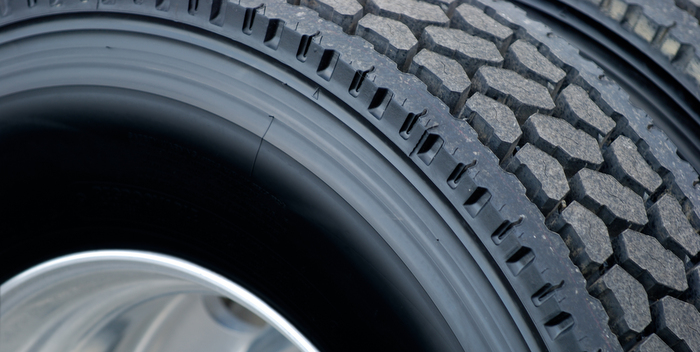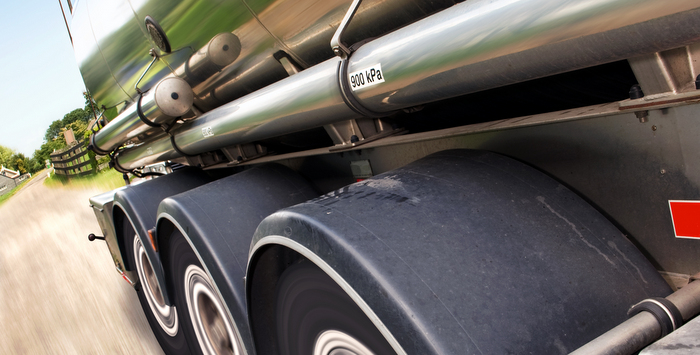We don’t need no stinkin’ national energy policy
The U.S.’s lack of a coherent national energy policy is about to cost us considerable money, wasted energy and possibly valuable forest lands. When corn-based ethanol was originally proposed, it was with the promise that corn-based ethanol was merely a first-generation solution. The second-generation solution, cellulosic-based ethanol, would soon be commercialized, and then it would be

Detecting engine problems the scientific way
Oil analysis is a scientific way to assess the condition of engine lubricant and detect conditions within the engine that could cause premature wear and/or downtime. Think of oil analysis as a cost-effective early warning system, Arcy suggests. Is there too much diesel fuel in the oil? Check your fuel system. What about traces of
Delivering data: Deciphering trucking’s technology trends
There’s no shortage of new technology to take advantage of in the trucking industry. It seems that every day a new monitoring system or analytics platform update is released, while fleets puzzle through the best technology infrastructure for their operations. As the industry is flooded with devices for tracking, navigating, recording, logging, monitoring and beyond,

Defining truck tire underinflation
Defining underinflation seems like a simple enough question, and it actually is simple if we’re talking solely about passenger cars or light-duty trucks. The answer for these vehicles is easily found in the owners manual under the alphabetical index labeled “tires.” Easier yet, all new cars/light trucks manufactured in the last three or four decades

DTNA’s eco initiatives extend from the plant to the road
Daimler Trucks North America sustainability efforts extend from the plant to the road. While initiatives focused on reducing emissions and fuel consumption have been around for some time, new greenhouse gas and fuel economy standards continue to propel manufacturers to develop alternatively powered vehicles. “Our ongoing support for the environment is found in our commitment

CSA report card
The Federal Motor Carrier Safety Administration’s (FMCSA) Compliance, Safety and Accountability (CSA) initiative is still a thorn in the paw for the trucking industry. One of the reasons is that shippers have become more selective of the carriers they hire and are requesting both the publicly and non-publicly available Behavior Analysis & Safety Improvement Categories

DEF & fuel economy: Fleets surveyed
With the introduction of 2010 EPA-compliant diesel engines, which included selective catalytic reduction (SCR) technology, diesel exhaust fluid (DEF) has become a mandatory commodity for all fleet managers running these engines. Many of those fleets still have questions about how it impacts day-to-day operations. In an August 2013 online survey of the trucking industry, PEAK Commercial & Industrial, the makers of BlueDEF, found that the top concern of those surveyed was how DEF with SCR technology impact overall fuel economy.
Remote diagnosis: remedy for downtime
The newest remote diagnostics technology on some engines improves productivity, reduces operating costs and increases efficiencies for trucking fleets.
BYODs: Not the whole solution
Today’s communication devices range from proprietary units purchased and installed by fleets to computing devices owned by drivers – often referred to as “bring your own device.”
Flexible financing solutions for small fleets
Equipment finance may be a perfect fit for startups and small businesses, both of which may have trouble getting traditional bank loans.
SuperTrucks showing promise
A look at where things stand roughly three years into the U.S. DOE Vehicle Technologies Program’s five-year SuperTruck Program.
Fuel efficiency, short- and long-term
Last month was full of industry news presented at three major trucking shows, the most recent of which was the Mid-America Trucking Show (MATS), and it will come as no surprise to you that the most common theme for all three shows was vehicle fuel efficiency.
